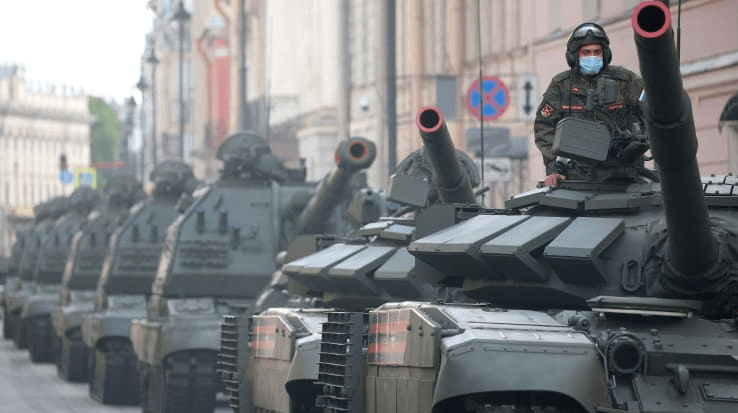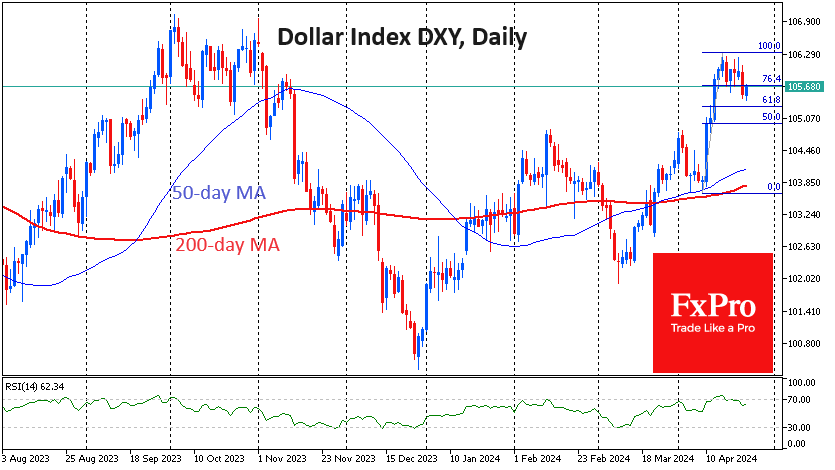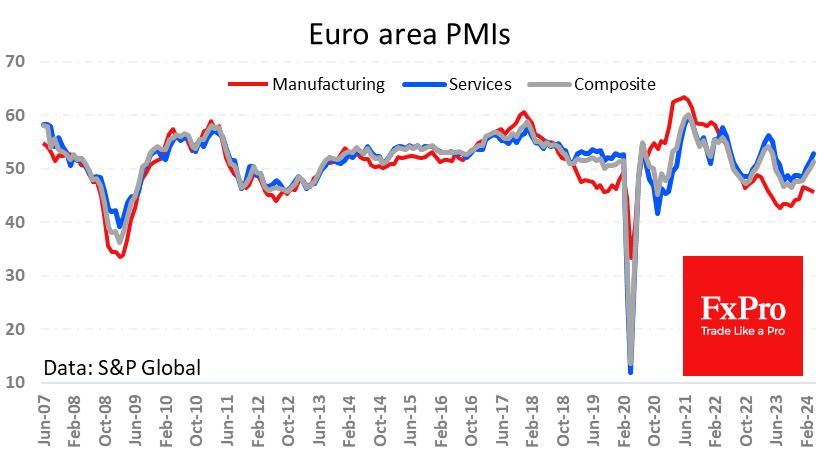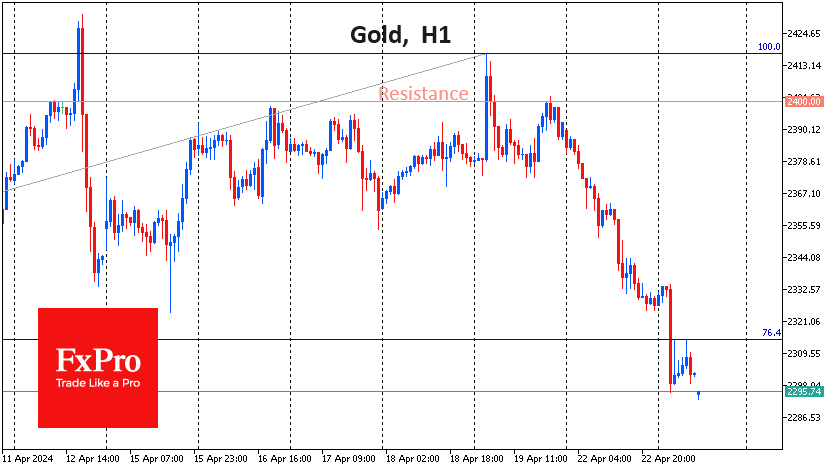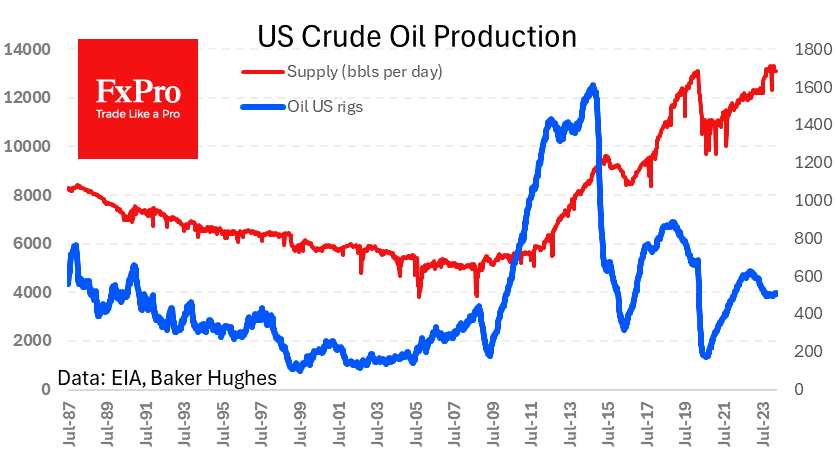Russia is holding a massive show of military might in Moscow, and it’s crucial for Putin
June 24, 2020 @ 11:59 +03:00
Russia is holding its annual Victory Day parade in Moscow on Wednesday, commemorating the 75th anniversary of Nazi Germany’s capitulation in World War II.
As well as a day of national celebration, the parade allows Russia to show off the range of its military personnel and equipment to the world. More than that, however, the event is seen as a way for President Vladimir Putin to cement Russian patriotism and his power base.
This year’s parade comes during an unprecedented global health crisis, and the event had to be rescheduled from its original date, on May 9, to June 24.
Nonetheless, preparations for the parade have been taking place in Moscow and Russia’s Ministry of Defense confirms that over 13,000 military personnel are taking part in the parade that will include 216 units of military equipment (ranging from tanks to armored vehicles to rocket launchers) and a fly past featuring 75 military aircraft, including fighter jets and helicopters.
Russia political analyst Anton Barbashin told CNBC why the Victory Day parade matters so much to the Kremlin.
“Victory over the Nazi Germany is by far the biggest and the most significant historical event for contemporary Russia. For the Kremlin it is the most effective way to unite diverse peoples of Russia, it is used to legitimize Kremlin’s foreign policy aspirations and generally (the) Russian attitude towards great power status. In the past decade, its importance only increased as the Kremlin has been increasingly monopolizing its legacy,” he told CNBC Tuesday.
This year’s parade would originally have come after a nationwide referendum that would have given the public a say (ostensibly) on changes to the Russian constitution. These would, among other things, enable Putin the freedom to run for further terms in office, potentially up to 2036, when his current term ends in 2024. Like the parade, however, the public vote was postponed and will now take place on July 1.
Putin is seen to have taken a “hands off” approach to managing the crisis which has hit ordinary Russians and the economy hard; Russia has the third highest number of coronavirus cases in the world, with almost 600,000 cases to date. Holding the parade was seen by experts as a way to distract Russians from the crisis and lockdown measures in Moscow were lifted earlier in the month, feasibly with the forthcoming parade in mind.
An added sweetener came on Tuesday too when Putin announced more financial support measures for families, lowered taxes for the IT industry and raised income tax on higher earners.
In normal times, Russia would use the parade as an opportunity to invite world leaders to Russia to attend the event and to impress as it showcases Russia’s military might.
The coronavirus outbreak has put paid to that this year, however, and there is a slimmed down guest list. Russia’s Ministry of Defense says 13 foreign state officials will attend the parade, mostly hailing from former Soviet states and nations allied with Russia, with defense ministers from Armenia, Azerbaijan and India attending the event, among others, and the presidents of Belarus and Serbia. Putin was seen greeting dignitaries with handshakes earlier Wednesday.
Western leaders including President Donald Trump, French President Emmanuel Macron and German Chancellor Angela Merkel had been invited to the event but a number canceled their attendance due to the pandemic, and rescheduling of the parade.
Barbashin said the domestic mood among the public, meanwhile, is generally far from celebratory, with the majority of Russian regions still experiencing spikes in new coronavirus cases and the economic downturn caused by the outbreak.
The independent Levada Center regularly surveys Russian adults on their opinion toward the country’s leaders, Putin and Prime Minister Mikhail Mishustin. A telephone survey in late May of 1,623 adults showed that 59% approved of Putin’s actions as president, while 34% disapproved. In February this year, as the coronavirus pandemic was just starting to emerge in Europe, in Italy, Putin’s approval ratings stood at 69%.
Russia is holding a massive show of military might in Moscow, and it’s crucial for Putin, CNBC, Jun 24




